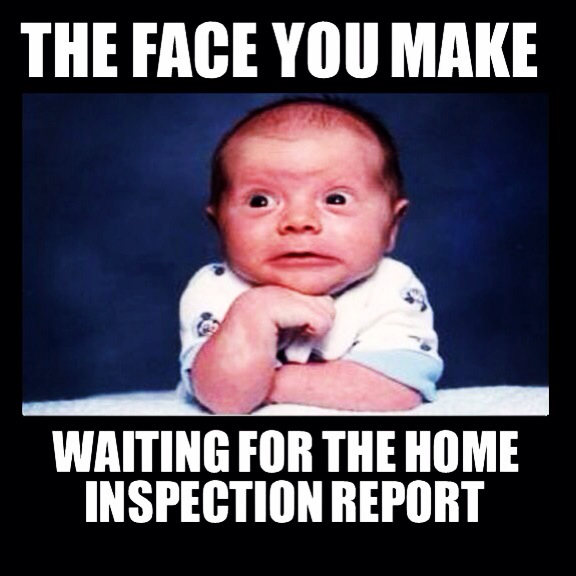I hear the question “Is it still a good time to buy a house in Denver?” quite often, as potential home buyers wonder whether they’ve missed the market. My answer is that yes, it’s still a good time to buy a house in Denver, though it’s going to take resilience, and let me tell you why. Even though the dream of getting a screaming deal on a foreclosure got on the bus and left the depot, the strength of today’s market and home affordability show that buying a house in Denver is still a great idea.
It looked for a moment that the Denver Real Estate Market was slowing down toward the end of the summer and into fall, but what I’m seeing now, we still have a very strong market! Showing activity is high meaning that buyers are out there looking, and inventory as of January 1 was still very, very low at one month of inventory [meaning if no other homes came on the market it would only take a month to sell them ALL].
Buyers will need to be prepared to pull the trigger in this tight market; pre-qualified, well qualified and ready to present a strong offer to win in the ever-so-common bidding wars. This can mean a number of things I’d be glad to go over with you specifically. Many Buyers will conduct a home inspection solely for informational purposes without asking the Seller to repair or credit for inspection items. This relieves the Seller of the anxiety of a major or costly issue coming up and being asked to pay for it, and though the Buyer may feel similar anxiety over having to assume a house “AS-IS” they can, if done properly, still terminate the contract should the home prove unsatisfactory. Reasonable buyers, sellers and their agents would rather work out a fair negotiation than lose a good contract, even with this stipulation. Another strategy I’ve seen applied is for the buyer to offer to make up some or all of any difference between the contract purchase price and the appraised value of the home should it come in low. As bidding wars force prices up, last month’s comps may not provide the appraiser with enough information to value at contract price, or the home might have exceeded current market value. The market is moving so fast, many buyers would rather kick in some extra cash than go back out looking once they’ve found and been accepted on a home they love. Of course, you’ll have to have the cash to do this so a bit of planning might be in order if you decide to employ this.
The good news for you Buyers is that real estate still offers great wealth building potential. Using standard assumptions (5% annual appreciation), a home purchased today for $250,000 with a 10% down payment and a 4.5% interest rate can produce about $200,000 in equity in a decade! Those of you who are renting may want to think seriously about investing in yourselves. Even if you don’t have a full 10% for the down, there’s still $$$ to be made.
There are two myths in real estate that are not holding up in today’s Denver market. One is that real estate runs in seven year cycles; statistics show the last up-swing lasted for seventeen, plenty of time to build equity. The second myth is that condos are the last to rise in value and the first to tank. Right now we are seeing condominium values appreciating similarly to single homes. Overall home affordability remains attractive when you factor in interest rates, home prices and average rents (up 40% over the past five years). A very good time to buy, but before you do I advise investing in some good running shoes.


















